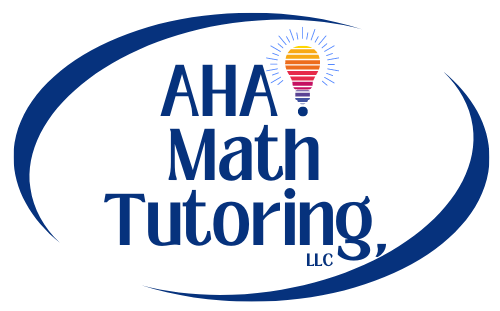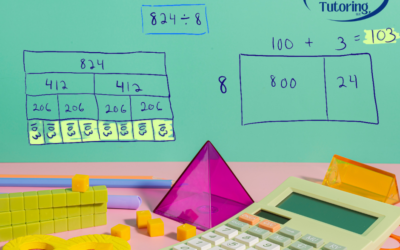Spring Fever Syndrome: How to Prepare Your Child for Math Assessment Season
After spring break, when school starts up again, it feels like everyone’s in a hurry to finish the year. Our middle schoolers get really restless this time of year and have a hard time staying focused. This spring fever comes at a difficult time as this is also usually when assessments happen—end-of-term tests, projects, papers, performances, you name it, they all take place during this time.
Knowing this, here is a checklist you can use to help your middle schooler end the year strong, with a particular focus on math! Remember: your child has an active role to play in their learning process so don’t leave them out of it.


❏ Create a Study Schedule: Help your child create a structured study schedule leading up to math assessments. Break down the material into manageable chunks and allocate specific time slots for review sessions. Encourage them to stick to the schedule and reward their efforts with breaks or small incentives.
❏ Practice Regularly: Consistent practice is key to mastering math concepts. Provide your child with ample opportunities to practice problems related to the topics being assessed. Utilize online resources, materials provided from class, or enlist the help of a tutor if needed.
❏ There may even be a homework club or time at school provided to give students time to study that would be well worth taking advantage of. When practicing math, some students do great studying with friends, but this does not work well for all students, so discuss with your child whether this is the best option for them.
❏ Review Previous Assessments: Take the time to review previous assessments with your child. Identify areas where they struggled and work together to address any misunderstandings or gaps in knowledge. Encourage them to seek extra help from their teacher on concepts that they continue to struggle with.
❏ Encourage Self-Care: Remind your child to prioritize self-care during assessment season. Ensure they get plenty of rest, eat nutritious meals, and engage in activities that help alleviate stress, such as exercise or hobbies. Encourage open communication and let them know that it’s okay to ask for help when needed.
As you go through this checklist, remember that you’re helping your child become more independent. Where they can handle it, let them take charge of tasks on the list, while you make sure they stay on track. Every child is different and some may need more support than others, so this is just a friendly reminder to encourage your child to lead where they can. It’s a valuable learning opportunity for middle schoolers to tackle things independently. With your guidance and support, they can navigate this challenging time and emerge stronger academically and personally.
Similar Posts
Flexibility with Numbers and Building Number Sense
What does it mean to be flexible with numbers and how do you build number sense? Explore this post on undertanding how today’s math is taught and how to help your student build up their number sense.

About the Author
Crystal Paul
Let's Learn Together!
I’m on a mission to empower students to embrace challenges and cultivate a belief in themselves that they can learn and grow! If you’re ready to help your middle schooler rewrite the narrative around their math education, schedule a free 15-minute consultation to learn how virtual math tutoring can help.

